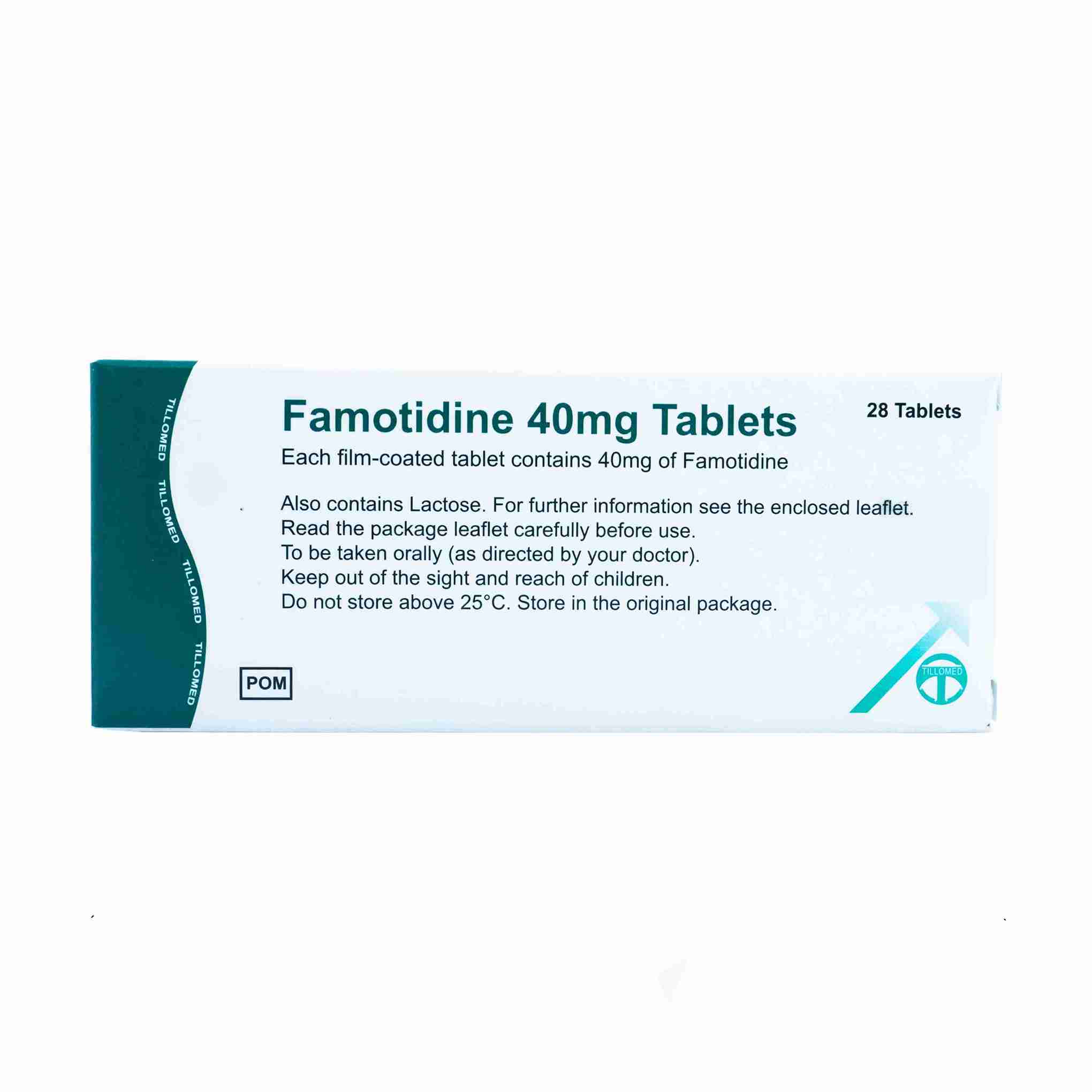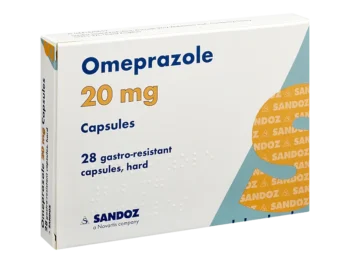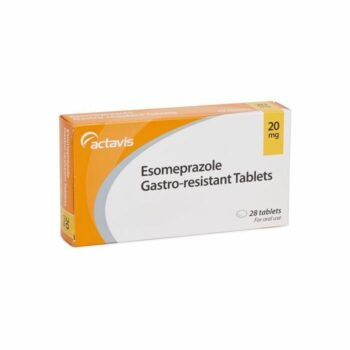Description
Famotidine 20 mg tablets are a prescription-only treatment for managing excess stomach acid. Commonly used to treat conditions such as gastro-oesophageal reflux disease (GORD), peptic ulcers, reflux oesophagitis, and Zollinger–Ellison syndrome, these tablets offer effective relief from symptoms like heartburn, indigestion, regurgitation, and epigastric pain.
How It Works
Famotidine is an H₂ receptor antagonist that selectively blocks histamine receptors on the stomach’s acid-producing parietal cells. By doing so, it reduces both basal and stimulated gastric acid secretion, helping to soothe irritated oesophageal and stomach linings and promoting healing of acid-related lesions.
Why Choose Famotidine
Compared to fast-acting antacids, Famotidine offers sustained relief that lasts 10–12 hours. It provides a dependable alternative to proton pump inhibitors (PPIs), with fewer concerns about long-term nutrient absorption or kidney impacts. Famotidine has minimal interactions with CYP enzymes, reducing the likelihood of drug interactions. With its quick onset and extended duration, it supports twice-daily or once-daily dosing depending on symptoms.
Important Note
Use Famotidine on a short- to medium-term basis (typically up to 8 weeks). Seek medical advice if symptoms persist beyond two weeks, worsen, or are accompanied by weight loss, difficulty swallowing, or bleeding. Long-term use may require monitoring for potential kidney function changes, magnesium or vitamin B12 deficiency, and risks of intestinal infections. Lifestyle measures like weight management, diet modification, reducing alcohol, stopping smoking, and elevating the head of the bed can improve outcomes and may reduce the needed dose.
POM
Packaging and branding may vary depending on supplier.





